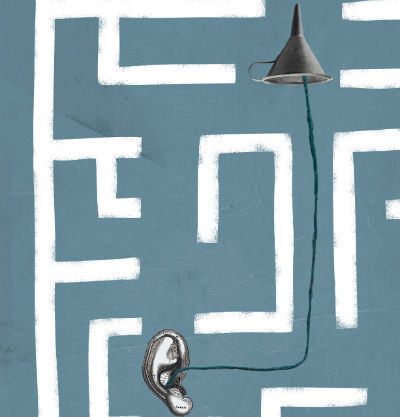Submitted by Sophie on
This report is part of CRIN's access to justice for children project, looking at the status of the Convention on the Rights of the Child (CRC) in national law, the status of children involved in legal proceedings, the legal means to challenge violations of children’s rights and the practical considerations involved in challenging violations.
Cameroon signed the CRC on 27 September 1990 and ratified it on 11 January 1993. In addition, Cameroon signed on 5 October 2001 the two Optional Protocols to the CRC on the Involvement of Children in Armed Conflict and on the Sale of Children, Child Prostitution and Child Pornography but only ratified the former on 4 February 2013 and has not signed or ratified the third Optional Protocol on a Communications Procedure. Cameroon follows a monist approach to international law, meaning that the CRC, upon being duly ratified and published, automatically became part of the national law. Under the Constitution, the CRC takes precedence over national law. Cameroon has a dual legal system, with both French Civil Law and English Common law applicable. Customary law is also still used in many regions. Most challenges would be made to the administrative branch of the Supreme Court. However, some of the lower courts now have jurisdiction to hear such matters in order to allow access in courts spread across the country. There are few provisions that directly address procedures for children in court. Children’s cases are not prioritised, the judicial system is slow, and there is often a lengthy pre and post trial delay.

